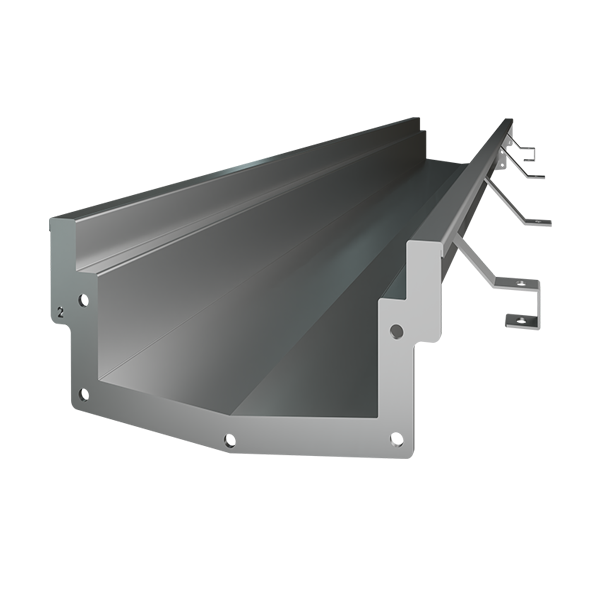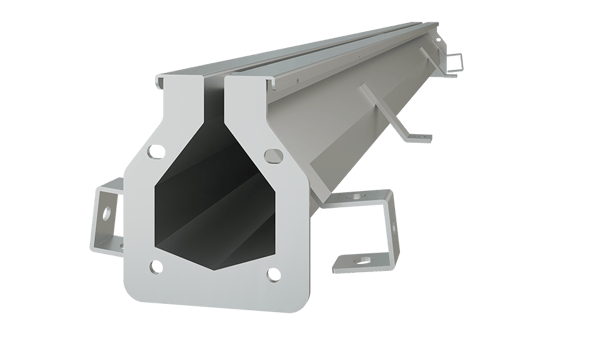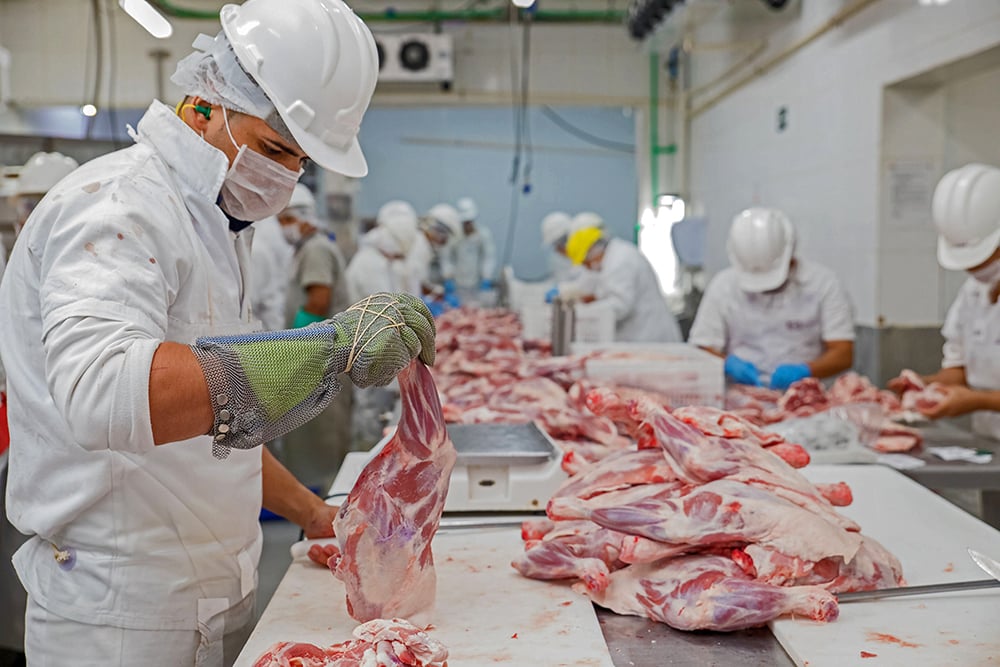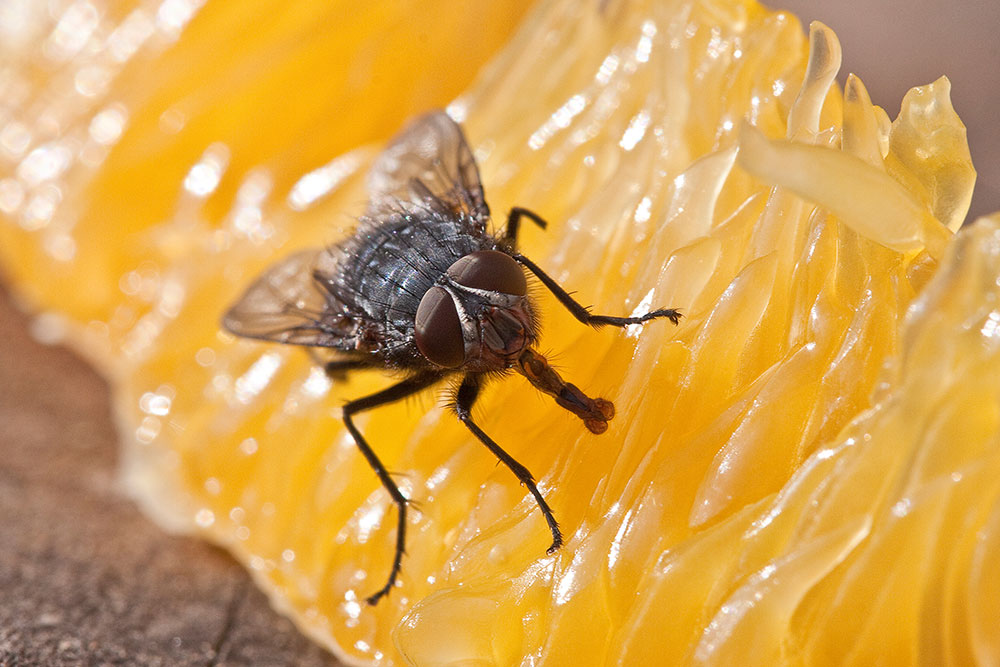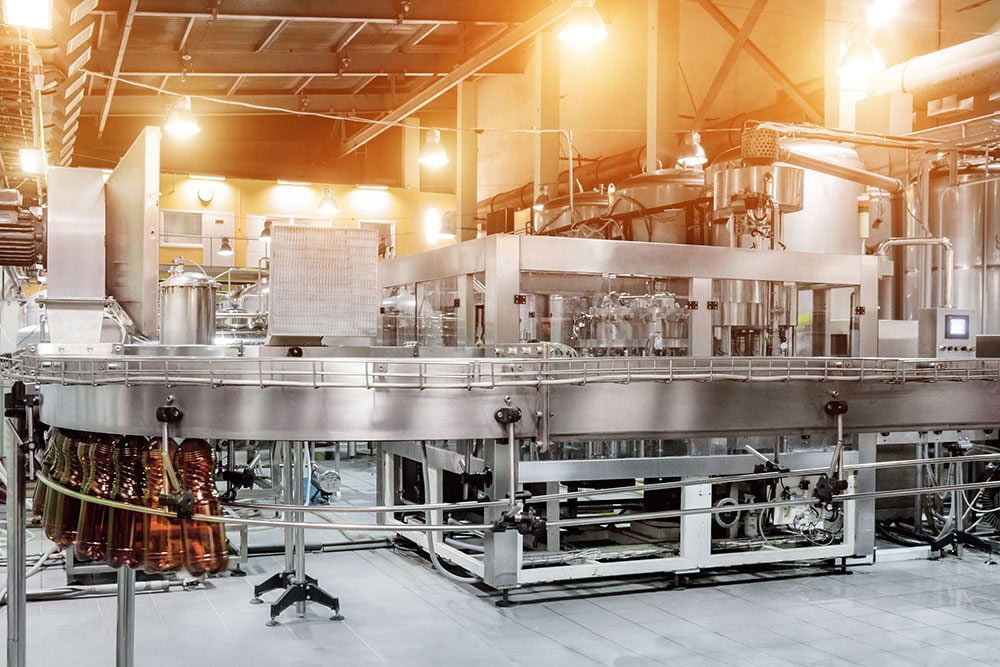Food safety is a top priority for all foods; whether from food processing facilities or restaurants, establishments must follow strict rules and guidelines. Restaurants and other places that serve food are subject to health inspections with stringent expectations.

Understating what inspectors are looking for when conducting inspections of food establishments is vital to preparing yourself and your staff and ensuring a passing grade. Here is what you should know about health inspections, what is a point of focus during health inspections, and more.
What Is a Health Inspection? Why Are Health Inspections Necessary?
Health inspections are detailed examinations of food establishments, staff, and products. The inspections aim to identify unsafe and potentially hazardous conditions and materials. Inspectors pay careful attention to all aspects of food establishments, from storage to production, processing, and even packaging.
Health inspections are necessary for ensuring the safety of food establishments. They determine if the establishment is abiding by the food safety regulations and hold them accountable if they fail to do so in order to protect consumers and workers.
What Do Health Inspectors Look for In a Restaurant?
During health inspections, health inspectors look for various things. Overall, they are looking for potential violations in food safety procedures, which can lead to contamination, bacteria growth, and foodborne illnesses. Inspectors go through every aspect of an establishment and leave no detail unchecked. This includes checking how restaurants store, thaw and cook food products. They will also pay attention to how clean the restaurant kitchen, storage areas, and freezers are.
What Is the Point of Focus During Health Inspections?
The main point of focus during health inspection visits is on potentially hazardous foods that require more precise time and temperature maintenance requirements, including looking through the time and temperature records. Inspectors also ensure the establishment's management staff and employees are adequately educated and demonstrate sufficient knowledge of health codes, food safety practices, and safe food handling and preparation.
When conducting inspections of food establishments, inspectors also spend time:
- Ensuring proper hand-washing and other employee hygiene protocols are followed
- Ensuring food is coming from approved sources
- Checking that dishwashers are using the right sanitizer concentration
- Verifying there is no cross-contamination between raw and cooked products
Drainage as a Point of Focus During Health Inspection Visits
Another central point of focus during health inspections is proper drainage. Drainage plays a significant role in maintaining a safe food establishment free from contamination. If wastewater isn't managed properly, it can lead to standing water, sewage backup, and potential overflowing, which can, in turn, lead to bacteria growth, mold, mildew, pest infestations, and more–all things a health inspector will make a note of.
During an inspection, the health inspector must verify that floor drains are clean and free from debris and that floor sinks have their baskets securely in place. Inspectors will also check that the drains are in proper working order, with no leaks or damage that can affect their ability to provide effective drainage.
Drainage from FoodSafe Drains
Having proper drainage can go a long way in helping you pass your health inspection.
FoodSafe Drains is a company dedicated to creating systems with the food industry in mind. They understand the requirements and what inspectors are looking for, and their products provide the perfect drainage solution. They offer a multitude of drainage solutions suitable for any needs.
One of the systems they offer is the FoodSafe Trench Drain, a traditional system with a wide, tamper-proof, grate-covered channel. It is the ideal system for handling larger amounts of wastewater.
During an inspection, the health inspector must see clearly inside a drainage system to verify that it is clean. Grates can obstruct their view, which makes the FoodSafe Slot Drain an excellent option. It is similar to the Trench Drain but eliminates the need for grates due to a slimmer channel opening, which also allows for an unobstructed view of the interior of the channel. The grate-free design also helps create a sleeker, more subtle system that can go virtually unnoticed.
The FoodSafe Floor Sink is another system for large flow rates and it can remove food debris. Like the FoodSafe Trench Drain, it features a tamper-proof strainer basket and cover and ensures that only authorized personnel can access it.
There are also other products, like hub drains and catch basins. All FoodSafe Drains products use high-quality T304 and T316 stainless steel, meet NSF/ANSI/3-A standards, and feature a heavy-duty load class rating. For easy cleaning and sanitation, systems like the Trench Drain and Slot Drain offer clean-in-place compatibility, making maintenance easier, and automated.
Ensuring a Passing Health Inspection with FoodSafe Drains
Whether it is an expensive restaurant or a fast food establishment, people love going out to eat. They put their trust in establishments to maintain their locations and serve them safe food that is free from contamination. Much of their trust is due to health inspections, which help ensure that establishments abide by the required rules. Inspectors look for many things during their inspection and focus on the various aspects of food safety. They also look at things like drainage, to ensure that it meets the necessary requirements. Failure to meet the standards can result in severe consequences, including being shut down, so it is essential to take the time and review health inspection guidelines to see that you meet or exceed expectations.
Contact FoodSafe Drains today to learn more about their systems and which is best for your food establishment.
